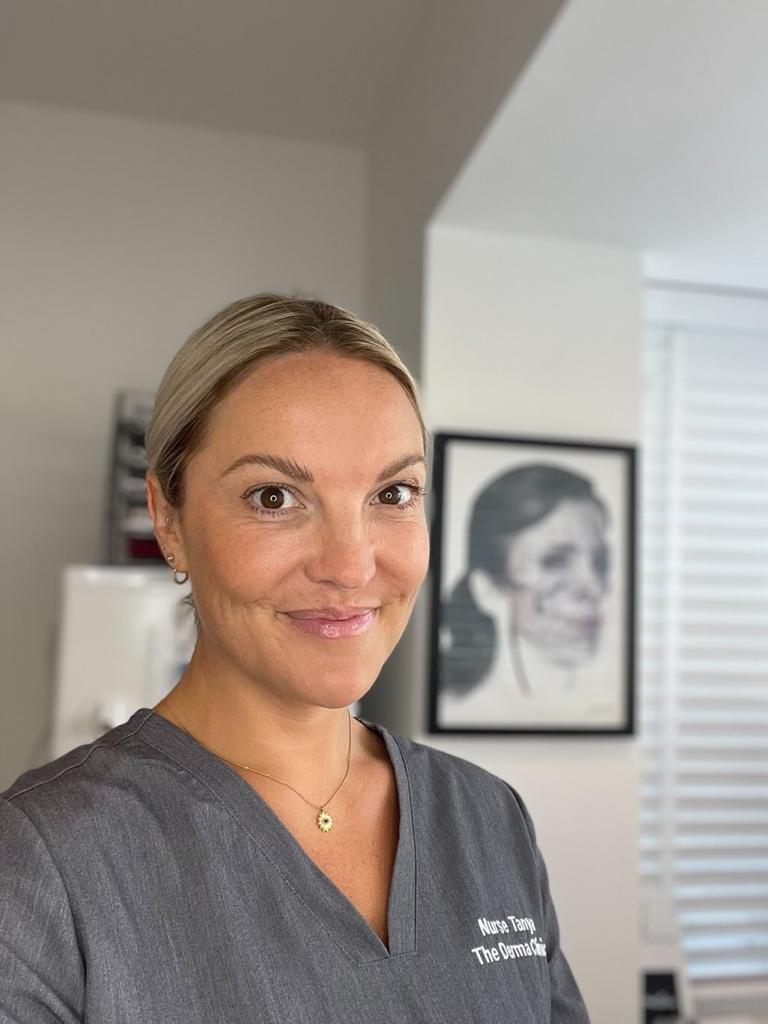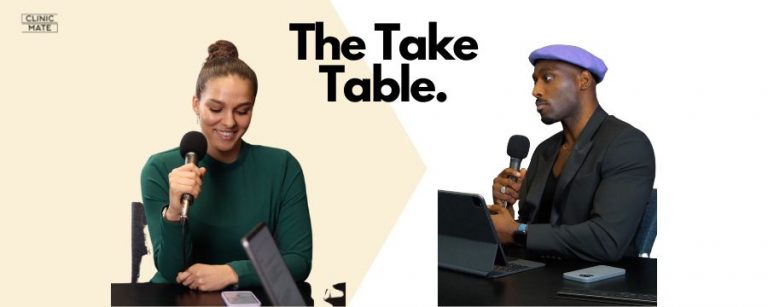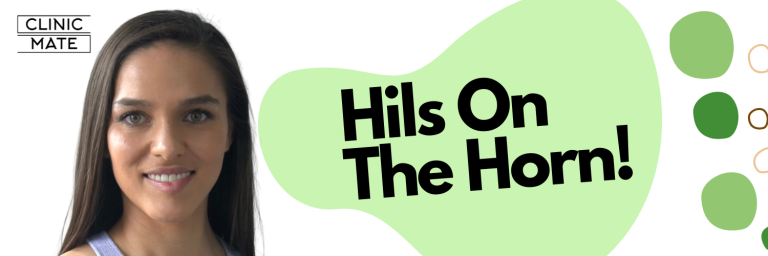
12 years ago I excitedly made my way to Harley Street for the first time to undertake my foundation toxin training. I left feeling totally overwhelmed but full of inspiration; off I went having bagged myself a willing medical prescriber.
Like many nurses, I started out back in the day when remote prescribing was frequently used for toxins. I was not a prescriber and had no aspirations of being one; until of course new guidance came into play.
All patients were required to have a face-to-face consultation with a medical prescriber prior to treatment. I had no way of facilitating this without it eating into my profit margins (being so new I hardly broke even) and couldn’t find a Medic willing to come out and prescribe in a face-to-face clinic – it was not financially worth their while or even worth the risk.
I stopped practising until a nurse colleague and friend of mine offered to be my prescriber and so I set up once monthly consultation clinics.
Now, it doesn’t take a genius to work out that most people would rather go to a medic to receive their consult and toxin on the same appointment. Why? Well, medics are allowed to hold stock, which means patients can avoid having to come along for a medical consultation only to be sent home and then rebooked for a separate treatment date. It is advised that there should be sufficient ‘cooling off periods’, but this isn’t the same for medics (doctors/dentist etc.)
The aesthetic industry has many grey areas, pros and cons, and I feel that prescribing in aesthetics is an area that really does need more forward thinking. Fast-forward to today and I have been a qualified non-medical prescriber for 3 years.
My question is, why are nurses treated differently even as prescribers? I am fully aware that I am in no way shape or form a medic and have not had the same training that a doctor undertakes. However, I am confident in my skills afforded to me by my nursing background, furthermore, the rigour of the non-medical prescribing was, to this day, the hardest academic challenge I have undertaken. I am continuously learning and strive to be the safest practitioner I can be. Yet, BACN, JCCP and NMC are all very much steadfast in their opinion on nurses and prescribing rights. Whilst I agree that patients do require a face-to-face assessment – I feel that nurses are more than capable of carrying this out on the same day of treatment and should be legally allowed to hold stock medications.
I am deemed safe to prescribe a wide range of drugs remotely in my NHS role (provided this falls within my scope of practice) be that blood thinners, anti hypertensive medications, diuretics and opiates. I have a masters in advanced practice and see a variety of acute and chronic presentations. Yet, I am unable to keep a stock of toxins and emergency medications in my private CQC registered practice; because I am a nurse? I know this applies to many more and plenty of us perceive a double standard. I want to unravel the rationale around this and see why there are still disparities within prescribing in aesthetics. Provided any clinician is safe, qualified and insured, there should be no reason why they are treated differently and forced to jump through far more hoops to prove themselves. I’d love to hear your thoughts.
Tanya Albin BSc MSC (Guest Blogger)
Advanced Nurse Practitioner
Non Medical Prescriber
Insta: @thedermaclinickent




4 Responses
Love this Tanya and this is so accurate! Great blog x
Very interesting and I totally agree. I’ve been a non medical prescriber since 2009 so I’ve proved my worth as an emergency nurse practitioner and in aesthetics for 5 years. I really don’t understand who makes these rules up to do with prescribing. Only recently did I realise that paramedic practitioners who have completed the same nmp course as you and I are not allowed to prescribe any opiate based drug. No codydramol / co codamol. Yet as a paramedic they are okay to administer I’ve morphine via a Pgd. Truely insulting.
You make such valid points. I am not a nurse prescriber, but this is something I plan to do in future. When I initially found out nurses are not able to hold stock I didn’t, and still don’t, understand the rationale behind this. Non medical prescribers have undertaken a rigorous prescribing course and are not ‘dummies’ for goodness sake! This highlights the double (or multiple) standards in the healthcare/aesthetics industry.
I couldn’t agree more. I am a Dental Hygiene therapist, i gained my degree 3yrs training and a yr volunteer. All of which included vigorous medical training, pharmacology albeit not within this topic but dental and medication related, hundreds of dental injections during and since training, shadow days and treatments at the dental trauma and childrens clinics and so much more… We insure ourselves like others and follow strict cpd every year like others and it feels like we are a lost profession. We have so much knowledge of the skin and oral mucosa and especially disease and oral conditions yet again we are nowhere. We can administer anaesthesia in clinics all day but yet again we are technically a non medic. I worry that when the new guidance comes in we will be forgotten yet again. It would be great for us to have a potential to even train as a prescriber. Its a real shame and i know i am a mindful clinician who takes my role seriously even though probably in many big cats eyes i shouldn’t be doing Aesthetics. It would be great to hear from other hygiene therapists and their experience and views.